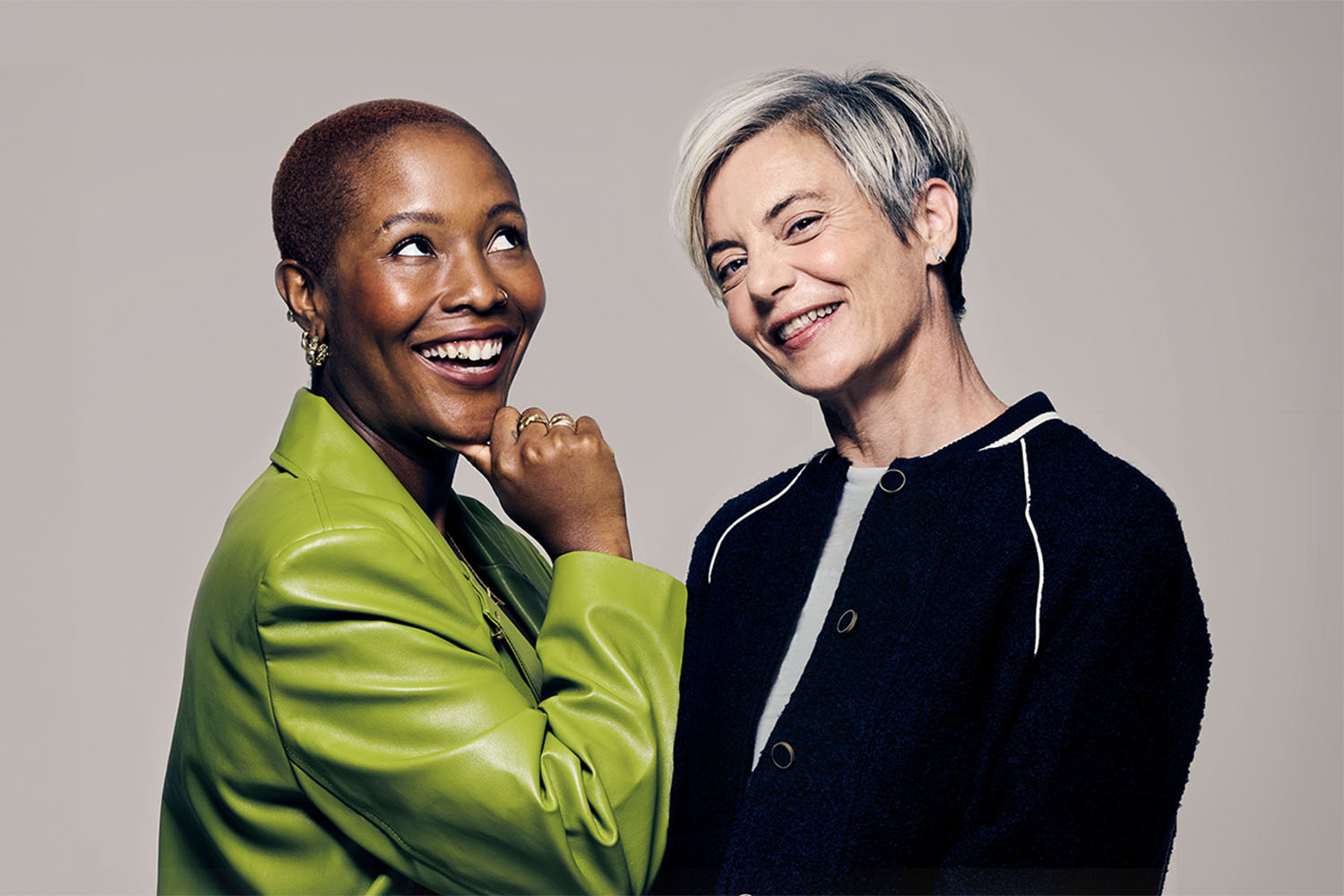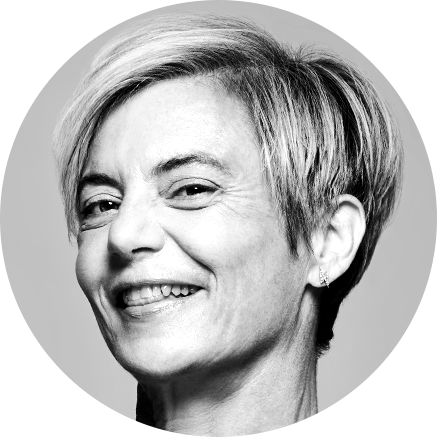Well, this is a strange situation. After a couple of decades of reviewing radio and podcasts for The Observer, I’m now in the odd but exciting position of making a podcast with that very newspaper. As of last week, the brilliant writer and broadcaster Liv Little and I are hosting We Have Notes, a weekly show where we’ll discuss a couple of topical cultural stories. Last week, it was the rise of the former Little Mix singer Jade Thirlwall and true crime (these are two separate topics, in case you’re worried about what she’s been up to). If you’re wearied by news shows and history dissection, or if you’re up for some creative diversions, then We Have Notes may be the podcast for you. (The name? Well, as writers we’re always making and receiving notes, plus Liv sends the most excellent voice notes…)
It is a strange, poacher-turned-gamekeeper experience, being a podcast reviewer and making one. Though not quite as weird as if the paper’s film critic Wendy Ide took on a superhero role in a Marvel movie, or if music writer Kitty Empire sold out the Roundhouse touring a new album.
Podcasting is a journalist’s medium. But it isn’t easy, especially when you’re representing an institution as respected as The Observer. Getting the right tone – somewhere north of cheery but south of manic – is hard; making sure you hit the right points within the right time frame brings much stress; saying everything you want to say in an articulate manner can suddenly seem beyond you when the microphone is on.
And who wants to know what their laugh really sounds like? Plus – and this seems very unjust – these days podcasting isn’t solely an aural medium. There are cameras involved, for social media and the visually minded, which means putting on makeup and thinking about what to wear. Soon the phrase “great face for radio” will become redundant and all us weasly journalists will have to glow up. So unfair.
Anyway, over several pilots and many discussions with Rebecca and Casey, our ace producers, Liv and I (pictured above) have discovered that we really enjoy making a show in which two people get excited about culture. We’ve worked out our likes and dislikes. The in-studio vibe is, of course, extremely important, but it can’t be exclusive, alienating the listener with in-jokes or unexplained references. We want information and insight, as well as fun. And, to be honest, fun is what we are having. Liv and I met on a panel a few years ago, and I remember being impressed by her.
Brinkhurst-Cuff questions her own motivations: can she report on this ethically, if the victim’s family don’t want her to?
Brinkhurst-Cuff questions her own motivations: can she report on this ethically, if the victim’s family don’t want her to?
When she was only 21, she set up the fantastic magazine gal-dem, which employed and highlighted women and non-binary people of colour. After that, she turned her hand to novel-writing with the gorgeous Rosewater. Now I’ve been hanging out with her for a while, I’m still impressed by her drive and intelligence, but also disarmed by her mischievousness. She really makes me laugh.
One of the things we talk about this week on We Have Notes is true crime, the genre that catapulted podcasts from a niche concern to an international phenomenon. Charlie Brinkhurst-Cuff, a journalist also formerly of gal-dem, has made an impressive true crime series, The Missing Sister. It takes as its starting point the murder of 20-year-old south London midwifery student Joy Morgan. She went missing in December 2018, but her disappearance wasn’t reported for several weeks. She had become involved with the church Israel United In Christ (IUIC) and was partially estranged from her family. But they reported her missing, rather than the church. A fellow church member was convicted of her murder.
With this series, Brinkhurst-Cuff aims to do more than merely report the crime. She questions the motivations of everyone concerned: the media who first reported on Morgan’s disappearance (rather desultorily at first, very probably because she was a young black woman); the church that seemed to cast her off and, worse, support her murderer in court; and the commissioning editors who pushed back when Brinkhurst-Cuff approached them with her investigative documentary idea. (One says to her that if Joy had been a young white woman, then he would have commissioned the doc.) She questions her own motivations: can she report on this ethically, if the victim’s family don’t want her to? She asks them if she should go ahead: they say yes.
Occasionally, this wondering holds up the pace of the series, and, for me, Brinkhurst-Cuff, in her efforts to be fair, gives the IUIC too much credit. She’s also stymied by her lack of funds; a trip to the US to interview the head of the IUIC would perhaps have been more successful if she could have afforded to stay longer. But this is a brave show that, through Brinkhurst-Cuff’s excellent interviewing and careful investigation, shines a light on an immensely secretive and misogynistic organisation, as well as on the moral dilemmas faced by every journalist who steps into the true crime arena.
Miranda Sawyer is the co-host of the Observer podcast We Have Notes. You can listen to the first episode now. Search for We Have Notes wherever you listen to your podcasts
Newsletters
Choose the newsletters you want to receive
View more
For information about how The Observer protects your data, read our Privacy Policy

